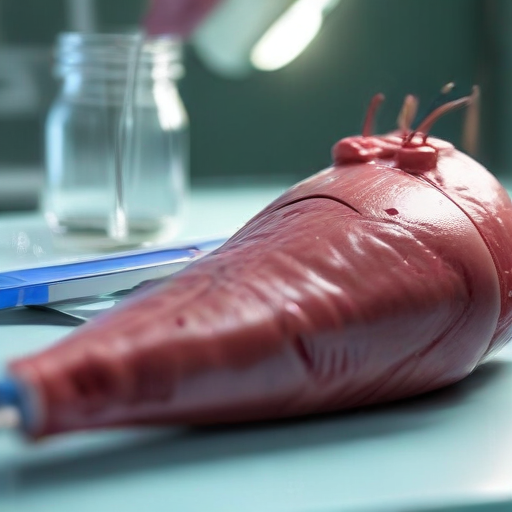The World Economic Forum (WEF) has highlighted a significant gap between the demand and supply of organs available for transplantation. For over thirty years, advancements in gene editing technologies, like CRISPR-Cas9, have paved the way for new possibilities, particularly in the area of xenotransplantation, where animal organs might be used for human transplants.
This cutting-edge technology has enabled scientists to modify the genomes of pigs, eliminating genes responsible for viruses that could potentially infect human patients. This groundbreaking work has led to promising results, with some non-human primates surviving for extended periods with transplanted pig kidneys and hearts.
According to the WEF, if xenotransplantation becomes widely adopted as a therapeutic option, it could radically enhance the quality of life for millions suffering from organ failure and could also transform the healthcare economy.
Moreover, the understanding of genomes might extend beyond organ transplantation. Researchers suggest that specialized pig cells could offer benefits for treating other health conditions such as diabetes and Parkinson’s disease. Nevertheless, the introduction of xenotransplantation is accompanied by complex ethical considerations that need careful deliberation.
This research not only holds promise for addressing the severe shortage of donor organs but also opens new avenues for treating various diseases, potentially improving outcomes for many. As we navigate the future of healthcare, it is essential to balance innovation with ethical considerations, ensuring that advances are made responsibly and for the benefit of all.
Overall, the journey towards integrating xenotransplantation into medical practice illustrates the relentless pursuit of solutions to pressing health challenges, bringing hope for a future where organ shortages are no longer a barrier to saving lives.
